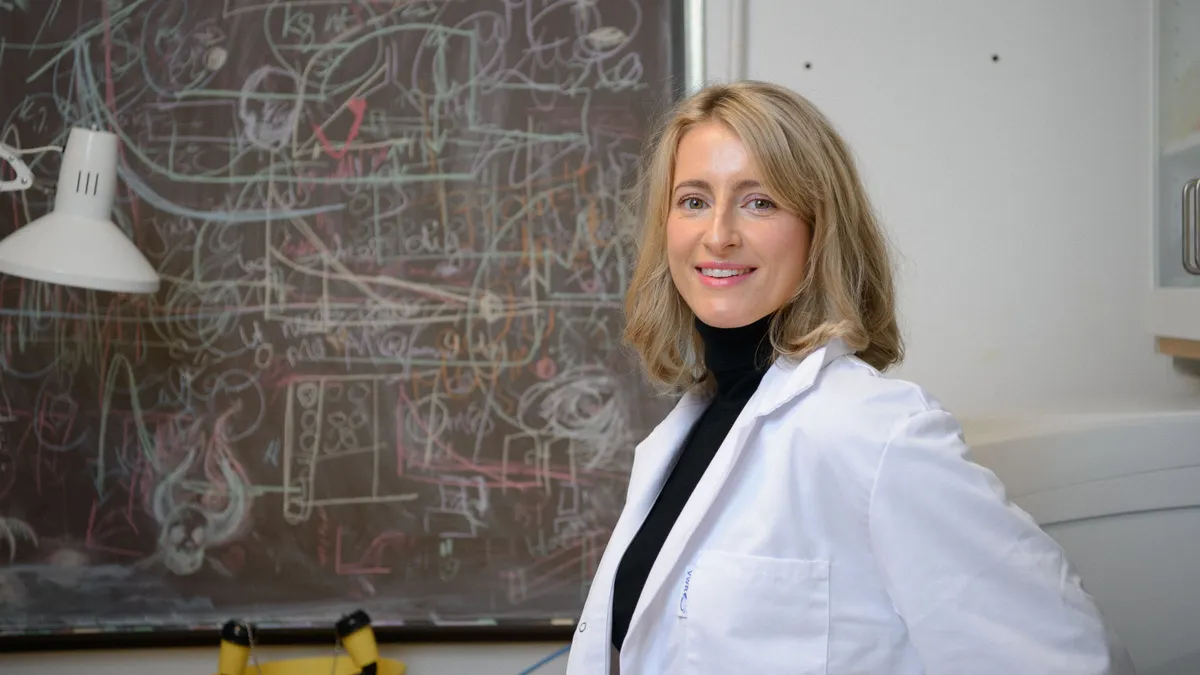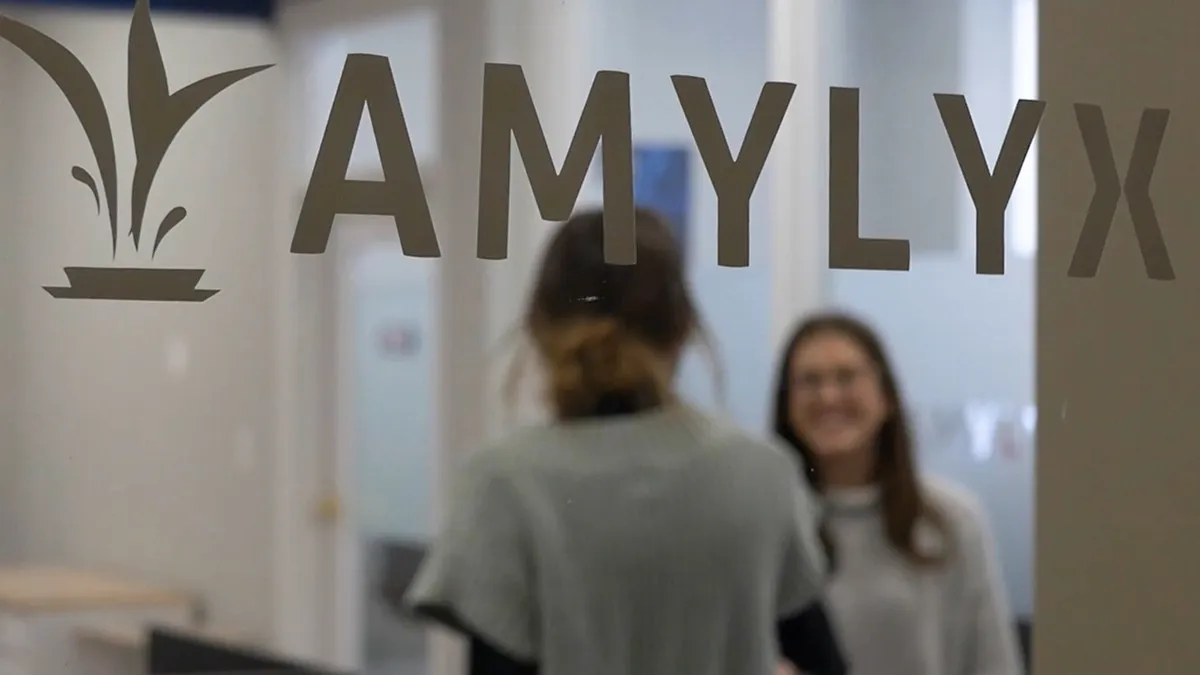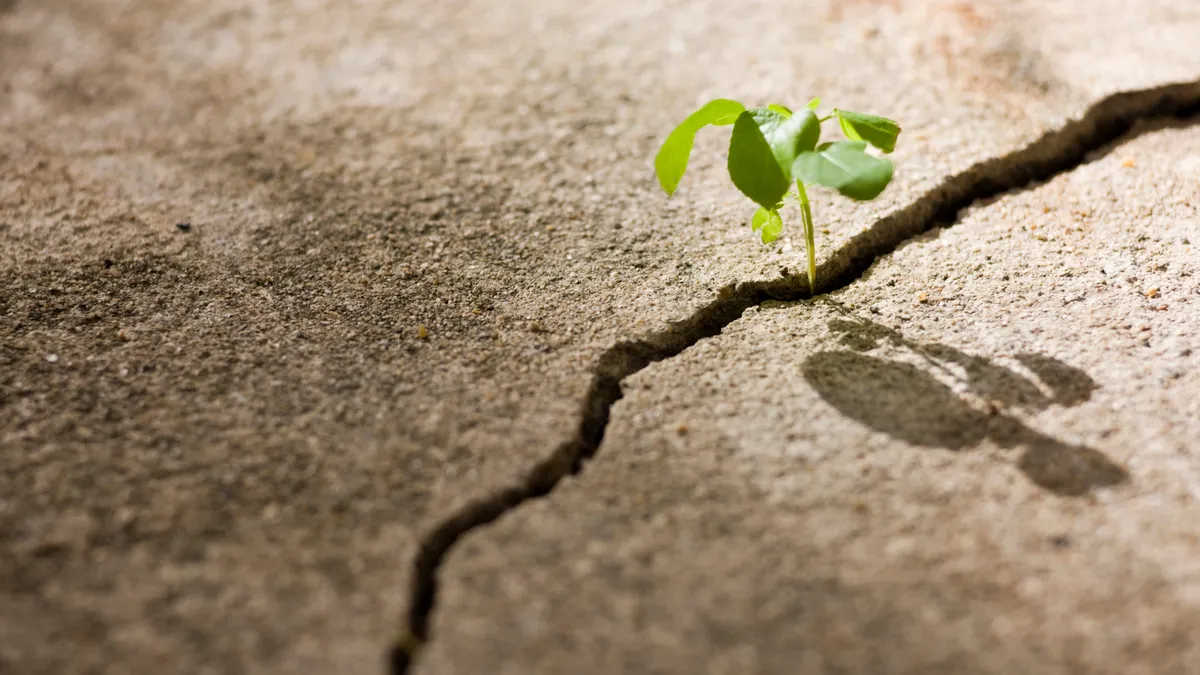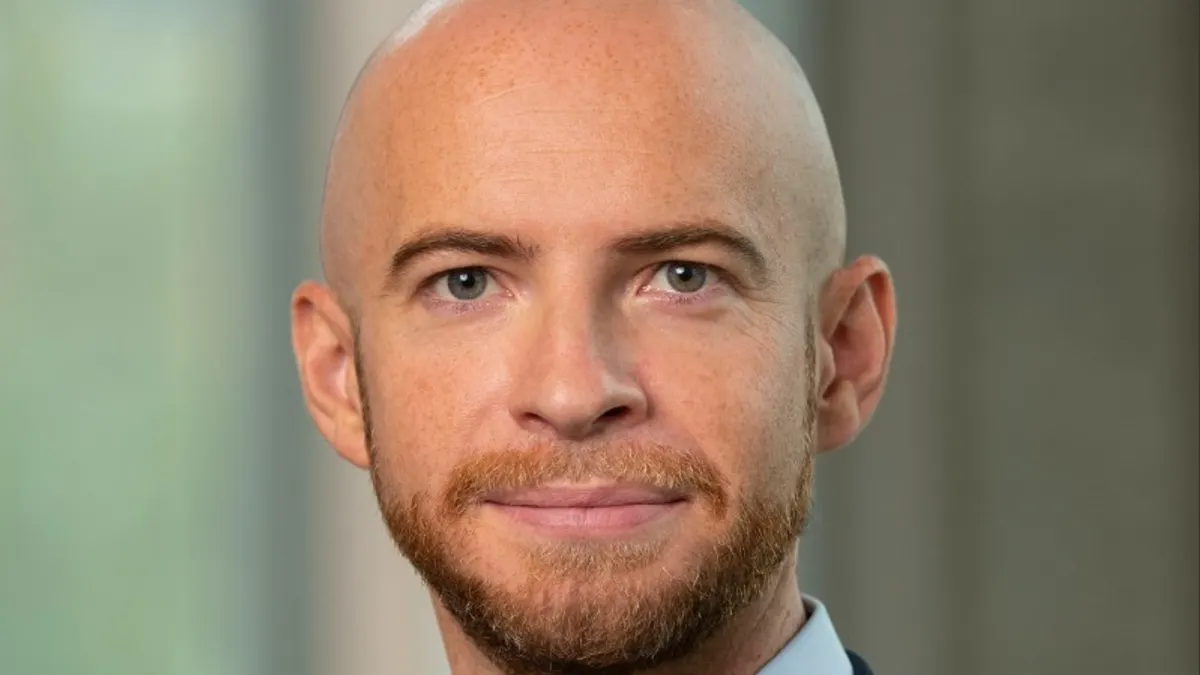It’s funny the things you remember.
For Sana Alajmovic, it’s the little moments. Waving goodbye to her father and grandfather as the bus pulled away from their village in Bosnia. Asking the bus driver to stop because her little brother forgot his pillow with the fish on it. Sleeping on a bench under the stars in Croatia because they had nowhere else to go.
“Yes, I remember,” she said solemnly when asked whether she recalls her family fleeing the former Yugoslavia months before the Bosnian War officially broke out in the early 1990s.
Alajmovic is the co-founder and CEO of Sigrid Therapeutics, a Swedish-based, clinical-stage health tech company whose lead product candidate, SiPore21, is being developed as a novel therapy to improve blood sugar levels in people at risk for developing Type 2 diabetes and obesity. SiPore21, which is classified as a medical device, uses mesoporous silica particles that are administered orally and act as a “molecular sieve” to block food enzyme activity.
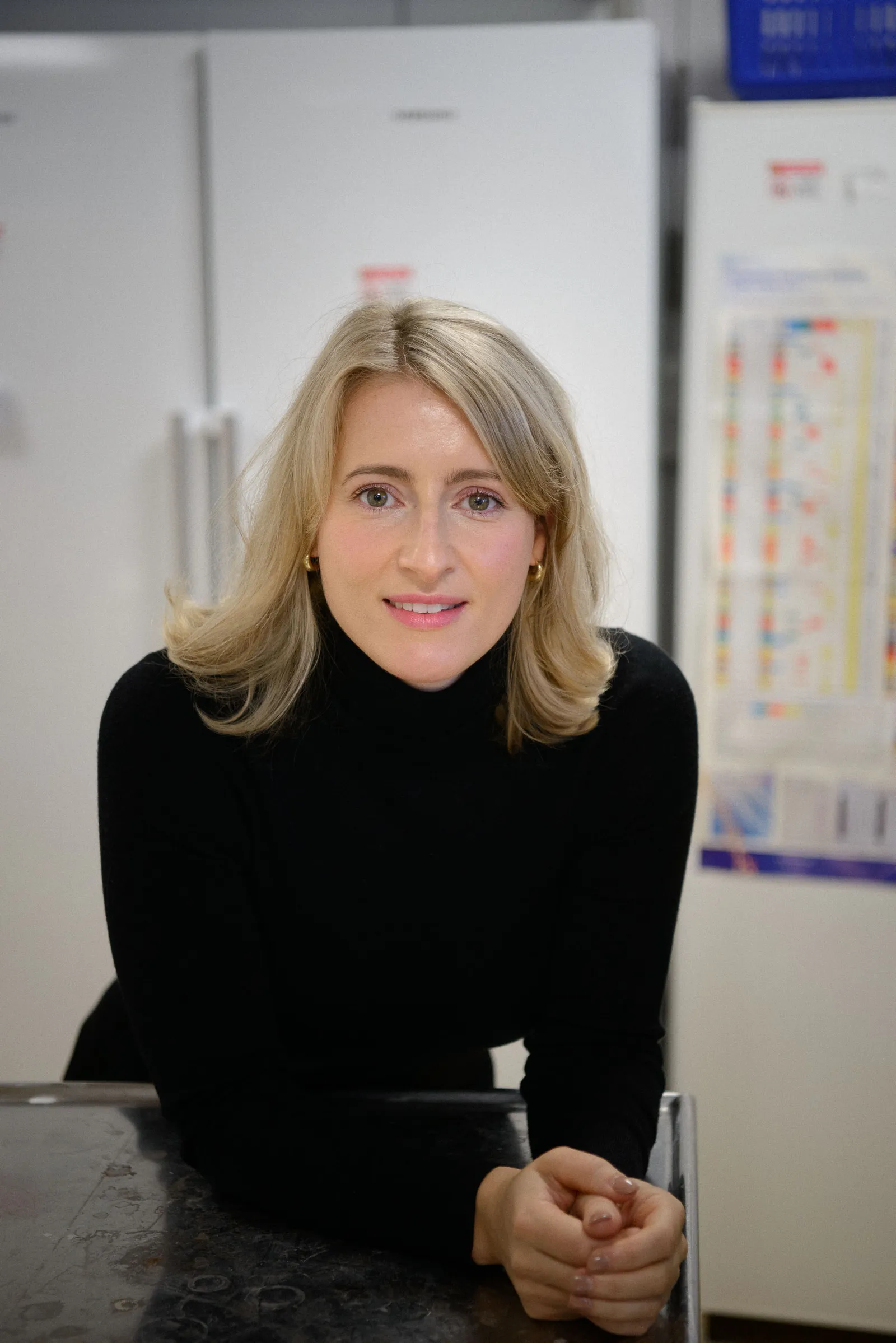
But it’s been a long and challenging journey to get to this point. During the war, her father, a politically active physician, and mother, a judge, “were pretty high up on the list of being killed.”
As refugees, they were forced to start over.
“You come here, your hands are empty. You have to start rebuilding everything and your mother, who was once a judge, is now cleaning toilets,” she said. “And you see the frustration that she goes through. She instills in you that you have nothing in this country: I can’t offer you anything, you have to study, you have to make your own bread in this country.”
When Alajmovic’s father finally joined them in Sweden a few years later, he had to start his medical training from scratch — and in a foreign language — because Bosnia wasn’t a part of the European Union.
While the wartime experience instilled a sense of resiliency in Alajmovic, what happened inside her home became the spark for a life-long interest in healthcare.
Starting from age 12, Alajmovic stepped up to help — distributing newspapers and working in a sandwich factory or in elderly care, while her father’s health suffered. His blood sugar crept upward, and he developed pre-diabetes.
“The doctors told him, ‘We don’t have anything to give you. Come back when you’ve developed Type 2 diabetes because then we have tons of medications to give you,’” Alajmovic said. “That’s the first instance I came into contact with a broken healthcare system where we focus more on managing diseases than preventing them.”
The sum of our experiences
Watching her father grapple with a chronic illness and everything that came with it — the mood swings, the wounds on his feet, the fatigue — stayed with her.
“As an entrepreneur, that impacts the way you build your company,” she said. “That impacted me for some of the decisions I took with regard to how to position Sigrid and how to build Sigrid.”
When Alajmovic teamed up with Tore Bengtsson, a researcher and professor of physiology biosciences at Stockholm University, to co-found Sigrid, she realized the potential that existed for a product that could prevent the kind of lifestyle condition that plagued her father — even if others had doubts.
“I’m proud of our bold vision to prevent disease,” she said. “I have a lot of people telling me there’s no money in prevention, no one cares about prevention, and I think that is changing, and I think COVID helped accelerate that change.”
The mesoporous silica particles in SiPore21 are a finely granulated powder administered either as a gel that you eat or in the form of capsules. The particles themselves are not absorbed into the bloodstream and are expelled harmlessly through stools. SiPore21 is patented in the U.S, European Union, Canada, Australia, Japan and Israel, among other countries.
"You have your Ph.D. in organic chemistry in physiology. But I have my Ph.D. in execution."

Sana Alajmovic
Co-founder and CEO, Sigrid Therapeutics
According to Alajmovic, the company is targeting those who are at risk of developing chronic lifestyle diseases, such as pre-diabetes, obesity and early stage Type 2 diabetes, when the condition is still reversible.
“We’re the first and only company in the world that’s combining this cutting-edge material chemistry with unique insights into the human physiology,” she said.
She added that the company expects to begin a double-blind, placebo-controlled, randomized and multicenter study with SiPore21 involving roughly 300 patients in the spring.
90% execution — 10% idea
Alajmovic studied economics at the Stockholm School of Economics, much to the chagrin of her parents, who would have preferred their daughter become a doctor or a lawyer. Those careers didn’t appeal to her, but neither did the typical careers for economists: banker or consultant.
“I wasn’t intrigued by any of that. I couldn’t see how any of that contributed to human well-being,” she said. “Nothing against bankers or consultants, but it was hard for me to feel that passion.”
Co-founding Sigrid after spending time working in venture capital and investments also drove home another lesson for Alajmovic.
“You can be an entrepreneur even though you haven’t come up with the idea,” she said. “Entrepreneurship is 90% execution and 10% idea. So if you don’t have that idea, don’t feel paralyzed by that. Seek out someone who is the creative person.”
"We’re the first and only company in the world that’s combining this cutting-edge material chemistry with unique insights into the human physiology."

Sana Alajmovic
Co-founder and CEO, Sigrid Therapeutics
Alajmovic says she’s the only one on her 12-person team without a Ph.D., but that doesn’t diminish her capabilities.
“You have your Ph.D. in organic chemistry in physiology. But I have my Ph.D. in execution,” she tells them. “There are so many things to turning a discovery in a lab into a product.”
Seeing the big picture and making those complex wheels turn — from raising money to scaling from lab work to commercial, industrial production, and everything in between — is where Alajmovic believes she excels.
“This is a very capital-intensive industry. The time to market is very long. It’s not like tech where you can have an app within a couple of weeks,” she said. “It’s years we’re talking about.”
Her abilities allow her to see the bigger picture and understand what they need to do to make their vision a reality. And because of how long it takes, it’s important to be excited not only by big wins — which are often few and far between — but also by the day-to-day mundanity and joy of building something piece by piece.
“I feel alive. I feel like I’m living. And I feel like I’m living with purpose,” she said.
While some entrepreneurs think about their exit strategy, Alajmovic doesn’t. She thinks about the mission to prevent diseases like her father’s.
“I never wake up and think about those things,” she said. “It really is about the ride.”


